For some reason, I’ve interpreted the umbrella of popular science books to mean speculative books with only a whisper of science in them. A better term, I thought, would be accessible science because these books aren’t fluff, but they aren’t hefty science journals, either.
Popular science books are written for the average person. They are usually written by scientists who study the topic, but can also be written by science journalists or other writers who find themselves drawn to a particular facet of the world.
I’ve come to love popular science books over the last few years, and it’s given me a new appreciation for the world and nature and animals and my body and just, everything. They’ve also taught me a lot of weird facts, which I love to whip out at parties.
Here are some of the best popular science books of the last few years, from forensics and whales to mental illness and the cosmos. Most of these are fun — and funny! — too, answering the questions you may have felt were too stupid to ask out loud. These books are sure to pique your interest and broaden your views about the magic of nature and human existence. Let’s get learning.
The Best Popular Science Books
All That Remains: A Renowned Forensic Scientist on Death, Mortality, and Solving Crimes by Sue BlackAs a professor of anatomy and forensic anthropology, Sue Black’s focus is a bit macabre. She shares it all, from how the tools of forensic science have changed and what her work identifying human remains has taught her. Full of humor and science, All That Remains turns death into as regular a topic as it should be. |
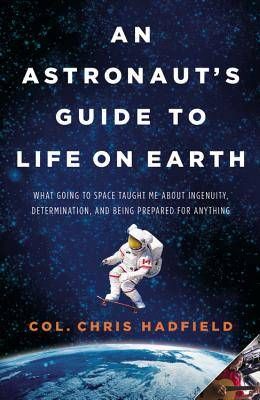
An Astronaut’s Guide to Life on Earth by Col. Chris HadfieldIs there anything cooler than an astronaut? I didn’t think so. Col. Chris Hadfield tells his best stories in An Astronaut’s Guide to Life on Earth, like the time he broke into a Space Station with a Swiss army knife. He thanks his success to a simple philosophy: prepare for the worst and enjoy every moment of it. |
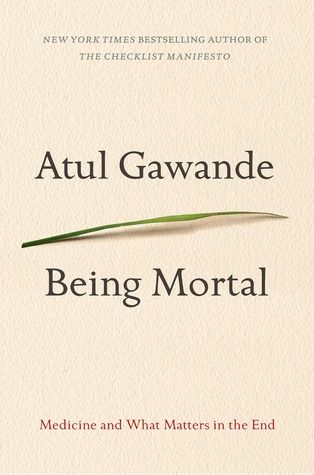
Being Mortal: Medicine and What Matters in the End by Atul GawandeThis popular science book should be mandatory reading for all humans. In Being Mortal, surgeon Atul Gawande evaluates the medical world and how we handle death, and it’s not pretty. His idea of changing our mindset from quantity of life to quality of life is one that’s changed the way I view the world, and the message of the book is simple: talk about death because we’ll all die eventually. |

Bitch: On the Female of the Species by Lucy CookeIn evolutionary biology, it was always assumed that the males of every species were the dominant ones with more interesting lives. Lucy Cooke is here to prove Charles Darwin wrong in this fabulous and fun book about badass females. Bitch covers fierce mother meerkats, same-sex female albatross couples, and so many more untold tales. |
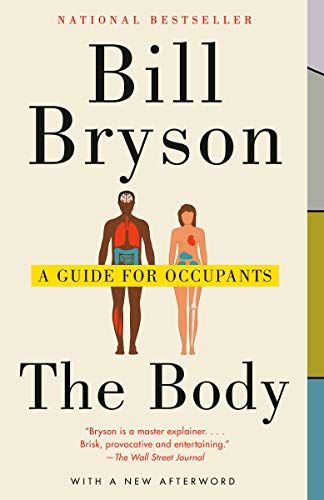
The Body: A Guide for Occupants by Bill BrysonBill Bryson is known for his sweeping histories on all sorts of human-centered topics, so it’s fitting that he now tackles the human vessel. The Body considers how the human body functions and how it manages to heal itself. Full of humor and brilliance, this will have you appreciating your meat sack in a new light. |

Braiding Sweetgrass by Robin Wall KimmererRobin Wall Kimmerer, botanist and member of the Citizen Potawatomi Nation, sees plants and animals as our oldest teachers. Braiding Sweetgrass is a beautiful book about acknowledging and appreciating the nature around us in everyday life, leading to a more conscious and sustainable existence. |
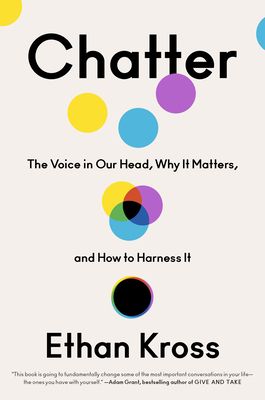
Chatter: The Voice in Our Head, Why It Matters, and How to Harness It by Ethan KrossWe all have an inner voice. Psychologist Ethan Kross explores how it can affect our daily life, especially when negative self-talk can lead to real, physical consequences. Chatter is the kind of popular science book to open your mind wide open and change the way you talk to yourself. |

Consumed: The Need for Collective Change: Colonialism, Climate Change, and Consumerism by Aja BarberConsumerism is bad for everyone and everything, and Aja Barber wants us to acknowledge that and make a change. It’s more than just ruining the planet; it’s the history of slavery and racism in the textile industry, as well as severe wealth inequality. Consumed will teach you the awful things of a consumer society and then open the doors for you to confront what drives you to spend your hard-earned money on things like fast fashion. |
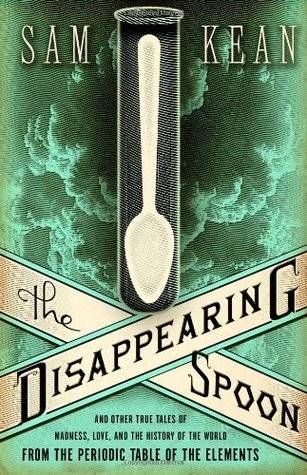
The Disappearing Spoon: And Other True Tales of Madness, Love, and the History of the World from the Periodic Table of the Elements by Sam KeanChemistry nerds, this one’s for you. Sam Kean goes through the periodic table, element by element, to tell the tale of human history, finance, mythology, art, medicine, and, of course, science in The Disappearing Spoon. This fun popular science book is a wild romp through scientific history. |
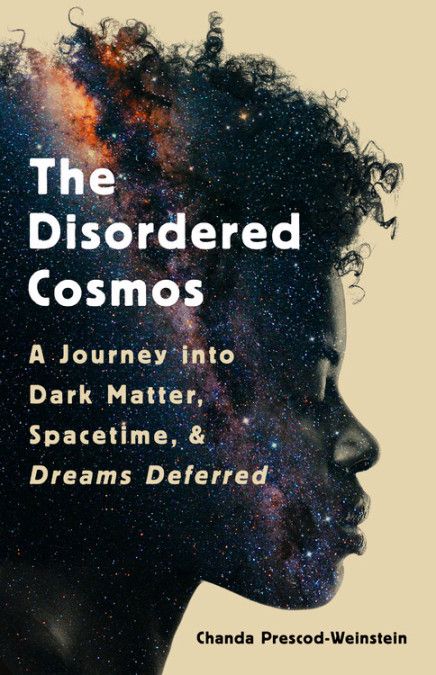
The Disordered Cosmos: A Journey into Dark Matter, Spacetime, & Dreams Deferred by Chanda Prescod-WeinsteinSince society and science can’t exist without each other, it makes perfect sense to study the two together. Chanda Prescod-Weinstein tackles systemic racism in science alongside tales of her love for physics and the cosmos in this fabulous book about the universe. |
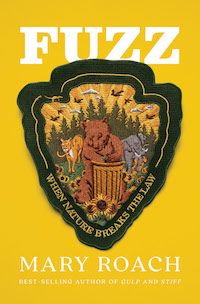
Fuzz: When Nature Breaks the Law by Mary RoachNo one does wacky science better than Mary Roach. In her latest popular science book, Fuzz, she explores the strange intersections between humans and animals and what exactly you should do when a bear is caught breaking and entering. Of course, in the end, it’s almost always the humans that are at fault. |
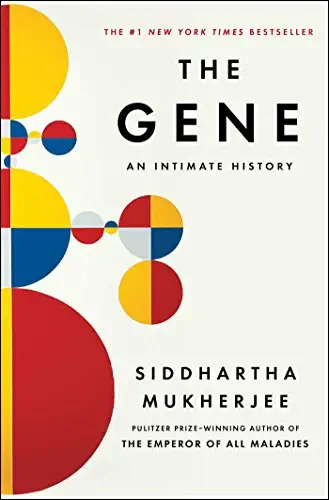
The Gene: An Intimate History by Siddhartha MukherjeeGenes hold all the information about our bodies, our sexualities, and our temperaments. Siddhartha Mukherjee endeavors to tell the story of the gene, from its beginnings as an idea as a “unit of heredity” to Darwin’s theory of evolution, in The Gene. Woven throughout the scientific history is Mukherjee’s own familial history and the things contained in his own genes. |
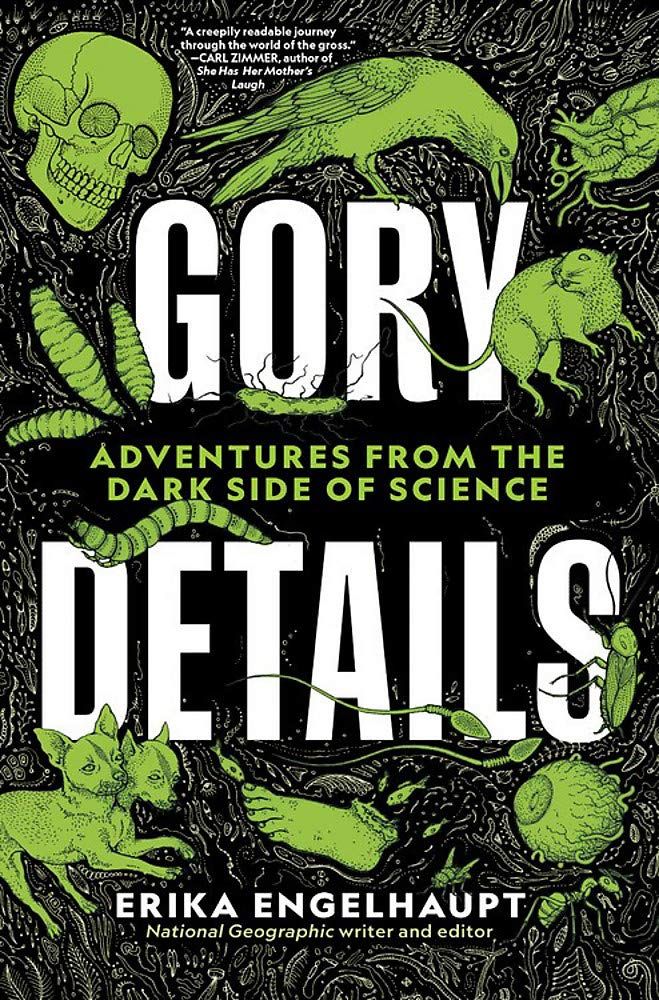
Gory Details: Adventures From the Dark Side of Science by Erika EngelhauptErika Engelhaupt is a science reporter who investigates the weirdest and grossest things on earth. Gory Details is a compilation of the best (read: most absurd, morbid, unsettling) of those things, like the tale of a person who had a cockroach stuck in their ear canal or answering why some bodies float and others sink. It’s a wild ride, and one of my favorite kinds of popular science books. |
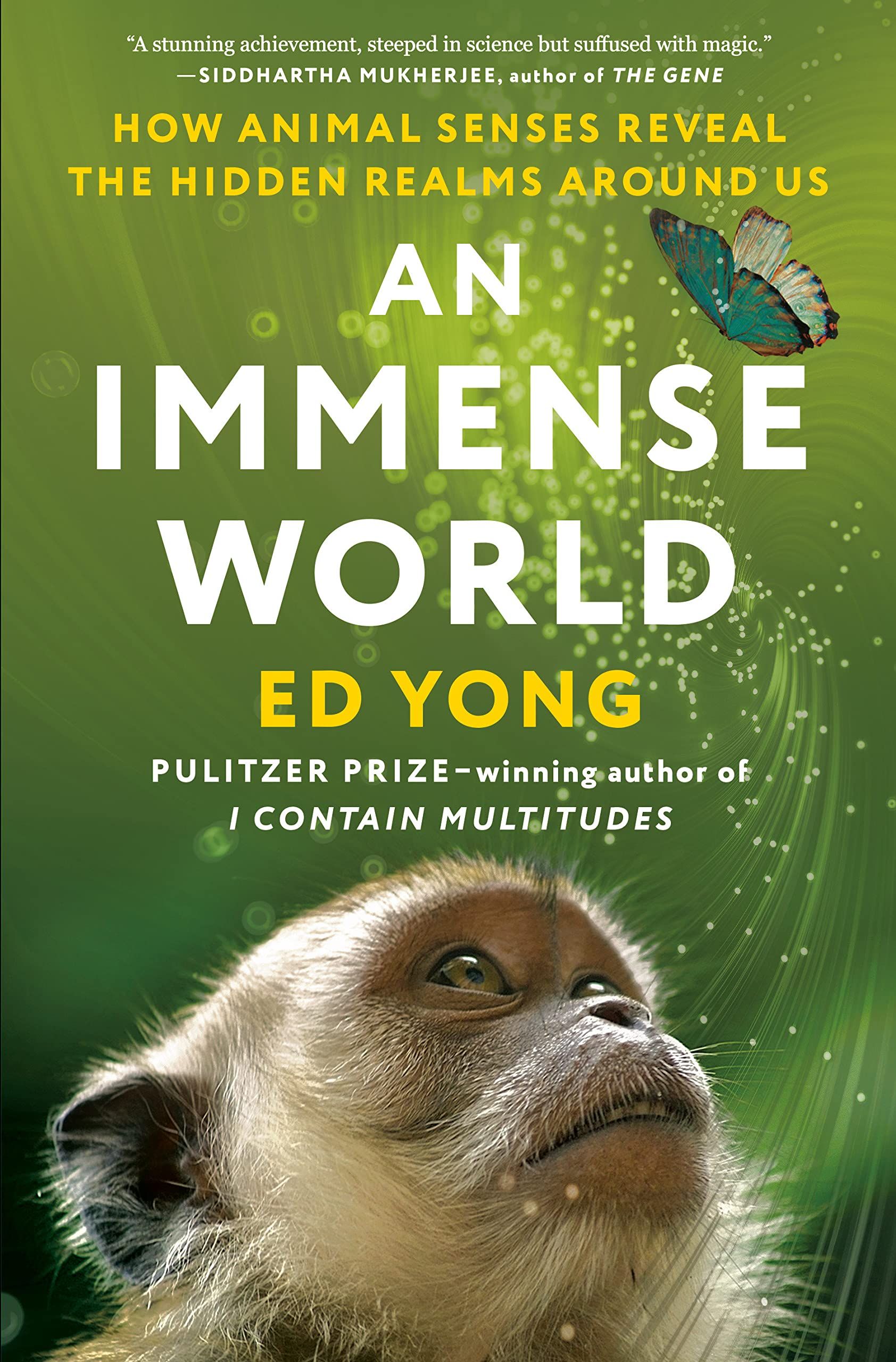
An Immense World by Ed YongWe know so much about the world according to humans, and animals according to humans, but what about the world according to animals? Ed Yong strives to provide that in An Immense World, showcasing beetles that are drawn to fire and turtles that track the Earth’s magnetic fields, as well as what bees see in flowers and what birds hear in their songs. |
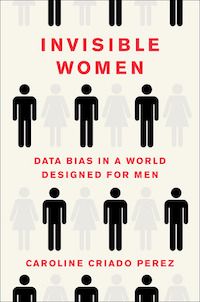
Invisible Women: Data Bias in a World Designed for Men by Caroline Criado PérezWhile data is vital to the modern world — it’s what determines public policy and healthcare, among other things — it fails to recognize gender, because patriarchy. In Invisible Women, Caroline Criado Pérez, a feminist advocate, explores the root of this inequality and how it has affected women for centuries. |
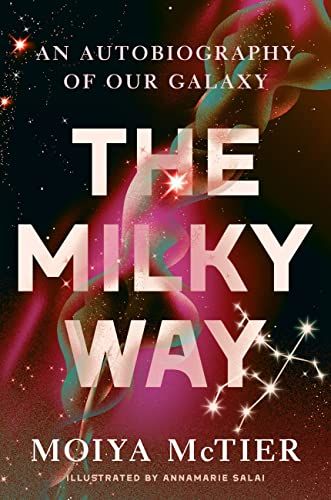
The Milky Way: An Autobiography of Our Galaxy by Moiya McTierIf you’ve ever wanted the story of the Milky Way from its own sparkly eyes, look no further. Astrophysicist and folklorist Moiya McTier channels the galaxy in this fun and fabulous book. It starts at the beginning, 13 billion years ago, when clouds of gas came together with a little help from gravity. It’s grown and absorbed supermassive black holes and lost many a star since then. |

The Poisoner’s Handbook: Murder and the Birth of Forensic Medicine in Jazz Age New York by Deborah BlumBuckle up. The Poisoner’s Handbook takes us on a romp through the Jazz Age in New York City and the forensic scientists who investigated chemicals to get to the bottom of untraceable poisons and the perfect crime. Case by case, learn about an entire family that went bald, factory workers with crumbling bones, and a diner serving poisoned pies. Yikes. |
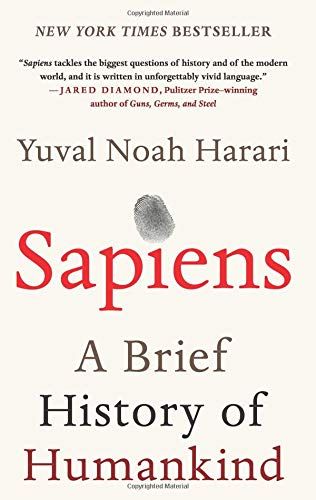
Sapiens: A Brief History of Humankind by Yuval Noah HarariOnce upon a time, six human species walked the earth, but today, there’s just us: Homo sapiens. Yuval Noah Harari traces the history of our species and its most notable points, like creating cities and believing in gods. Sapiens covers everything — anthropology, biology, economics, paleontology — to figure out how we’ve ended up the way we are, and what the future may hold for us. |

The Secret Life of Groceries: The Dark Miracle of the American Supermarket by Benjamin LorrBenjamin Lorr peeks behind the stock room door to tell the story of grocery stores: the humans who run them, the products that are sold, the prices that are set. The Secret Life of Groceries spills things like how Trader Joe’s is so successful and what exactly allows something to be called “organic” or “fair trade.” |
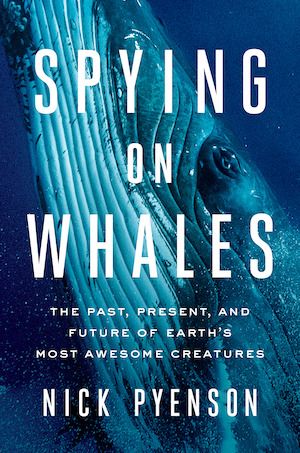
Spying on Whales: The Past, Present, and Future of Earth’s Most Awesome Creatures by Nick PyensonWhales are still a mystery to us. Smithsonian paleontologist Nick Pyenson gives answers to some of the biggest questions we have about whales, like how they can grow to 300,000 pounds and live for 200 years. Spying on Whales is an intimate look at these gentle giants. |
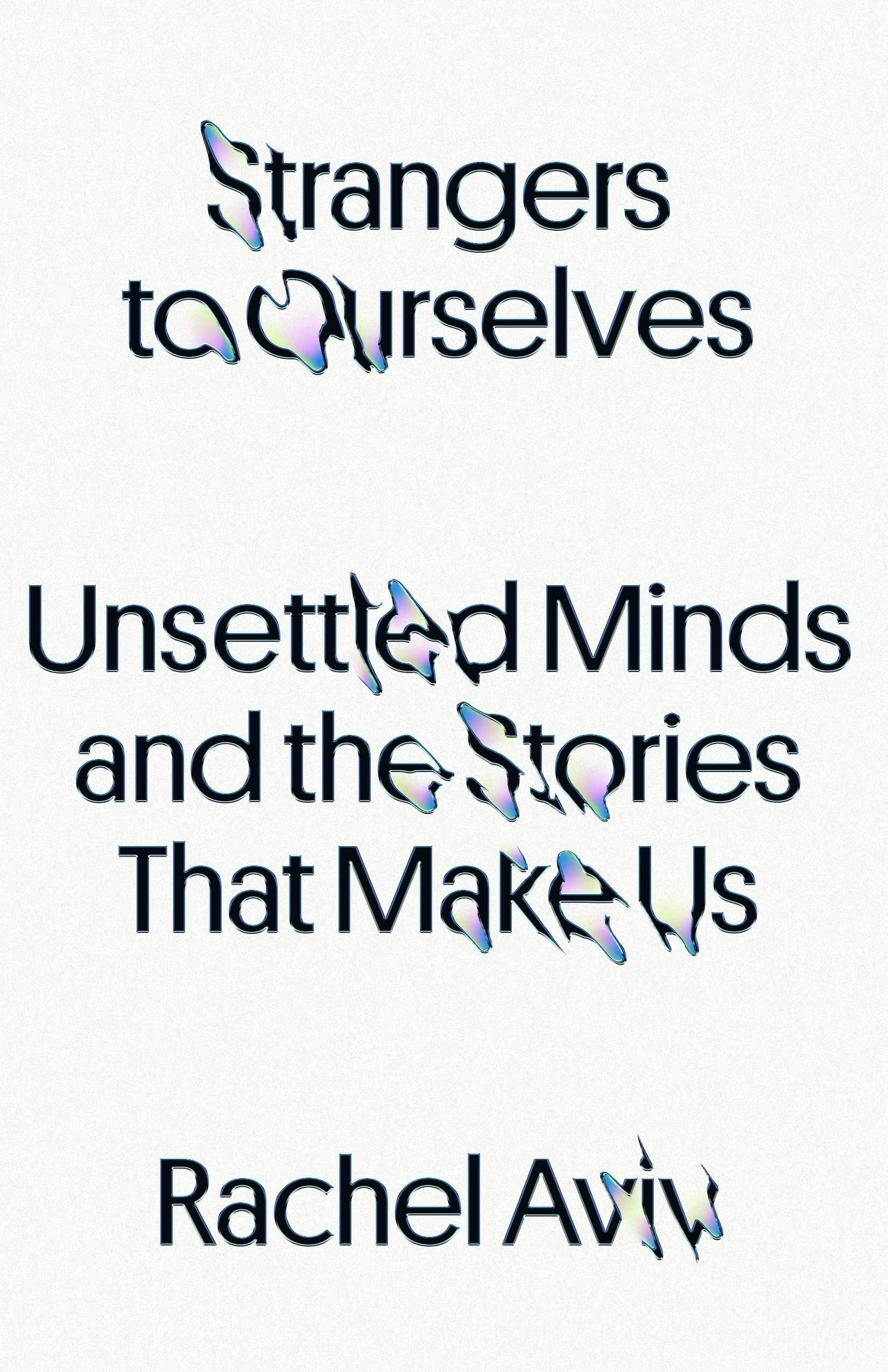
Strangers to Ourselves: Unsettled Minds and the Stories That Make Us by Rachel AvivIn this fresh take on mental illness, Rachel Aviv investigates what happens when we become so clouded by illness that we forget who we are without it. Strangers to Ourselves introduces us to an incarcerated woman begging for her children’s forgiveness after recovering from psychosis, a woman who goes off her meds after decades because she doesn’t know who she is, and more heartbreaking stories. |

This Is What It Sounds Like: What the Music You Love Says About You by Susan Rogers and Ogi OgasThis is, hands down, one of the coolest popular science books. This Is What It Sounds Like gets into the science and soul of music, unveiling why our favorite songs move us. Susan Rogers, a professor of cognitive neuroscience, explains that we each have a unique “listener profile” based on our brain’s response to different elements of any song. To keep it from being too science-y, she also shares some background on the record-making business and shares some of the records that have changed her life. |

What If? 2: Additional Serious Scientific Answers to Absurd Hypothetical Questions by Randall MunroeRandall Munroe is back with another edition of What If?, answering even more bizarre hypothetical questions with more science than you thought you’d need. He digs into questions like what if you made a lava lamp out of lava, or jumped on a geyser as it erupted, or rode a fire pole from the moon back to earth. |
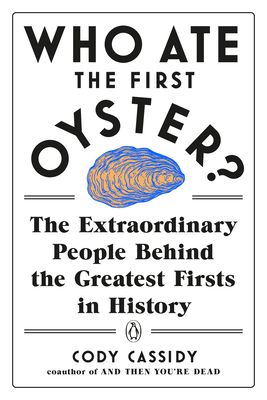
Who Ate the First Oyster?: The Extraordinary People Behind the Greatest Firsts in History by Cody CassidyIn Who Ate the First Oyster?, Cody Cassidy strives to answer all questions relating to firsts. The first murderer? First pants? First joke? All valid in this winding adventure through ancient history. |
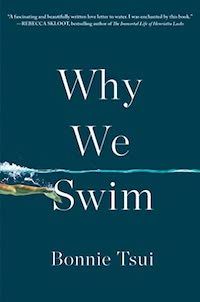
Why We Swim by Bonnie TsuiHumans aren’t natural born swimmers, so why do we swim? We must be taught, and while our ancestors needed to swim for survival, we don’t. Not really. We mostly do it for fun, exercise, healing, and testing our limits. Bonnie Tsui tells the tales of all kinds of swimmers, from Olympians to fishermen, in the moving Why We Swim. |
Looking for more popular science books? Check out this list of the best science books of all time.











